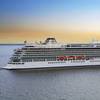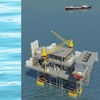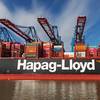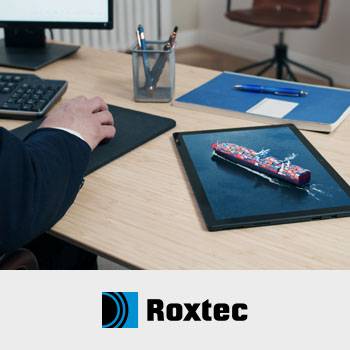The U.S. will become more dependent on tanker-borne petroleum imports in coming years, coinciding with a ship shortage which will push freight costs sharply higher, energy and tanker analysts said on Wednesday. "Products imports are playing a bigger swing role in the U.S. than ever before," Paul Horsnell of Oxford Institute of Energy Studies said. "They're becoming a structural feature of the U.S. system."
Horsnell told members of the tanker owners' organization Intertanko, which met in Sydney this week, that each year was now expected to bring a fourth quarter surge in demand for fuel oil imports -- a trade usually served by Panamax 50,000 tonrs. U.S. demand for gasoline imports would surge each spring.
Intertanko research head Erik Ranheim said U.S. products imports in January were the highest in 10 years.
He also forecast dramatic increases in demand for Aframax crude tankers (75,000-120,000 tons), many of which trade to the United States. But this year tanker supply is not expected to keep up with demand in these trades.
A report this month by a leading tanker broker said the world fleet of smaller tankers in both crude and product trades would remain static in 2001 and in some sectors could even contract. "Continued tight supply is likely to make Aframax tankers the over-performers of 2001," said London broker SS&Y. This is likely to be mirrored in the Panamax sector, where an "acute shortage" of modern ships will force up rates, SS&Y said.
Last year, Aframax freight rates hit their highest levels in 30 years, doubling or even tripling over the course of the year in most markets. The biggest gain was seen in the Caribbean, where rates nearly quadrupled between January and the year's high point in November of $2.30 per barrel for up-coast cargoes. Horsnell said the United States was increasingly obliged to import petroleum products because of under investment in the U.S. downstream industry. "The system lacks profitability in all aspects," he said.
Horsnell said the problem was illustrated when fog closed the Houston ship channel for several days in March, seriously affecting product stocks.
"That's symptomatic of a system where all the flexibility has been depreciated. It hangs together, and they make it work, but there's no flexibility," he said. - (Reuters)
Sponsored Content
LR - Fit for 55: Managing compliance and optimising operations
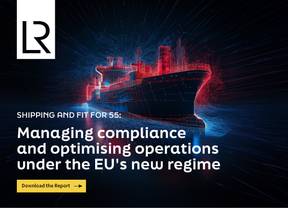
Use Roxtec seals, services and software

Subscribe for
Maritime Reporter E-News
Maritime Reporter E-News is the maritime industry's largest circulation and most authoritative ENews Service, delivered to your Email five times per week



